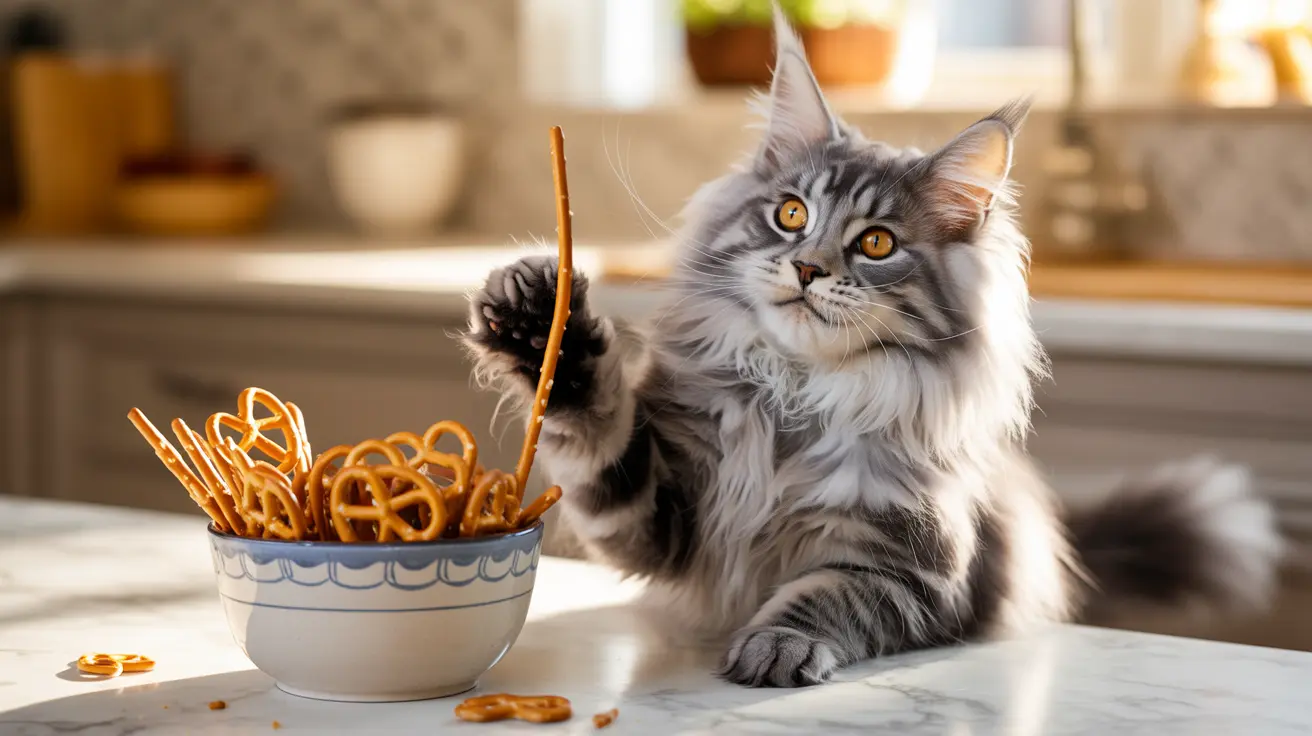Choosing the perfect German cat name can add a unique and meaningful touch to your feline companion's identity. From traditional names steeped in Germanic culture to modern favorites inspired by food, folklore, and famous figures, German cat names offer a rich variety of options for pet parents seeking something special.
In this comprehensive guide, we'll explore the most popular German cat names, their meanings, and how to choose the perfect name that reflects both your cat's personality and German heritage.
Traditional German Cat Names and Their Meanings
German traditional names often carry deep meanings rooted in strength, nobility, and character. Popular male choices include Otto (wealthy), Fritz (peaceful ruler), and Wolfgang (traveling wolf). For female cats, names like Hilda (battle woman), Wilhelmina (determined protector), and Liesel (God's oath) represent power and grace.
Many German households also favor these classic options:
- Felix (lucky, prosperous)
- Luna (moon)
- Moritz (dark-skinned)
- Minka (strong-willed)
- Max (greatest)
Food-Inspired German Cat Names
Germans are known for their fantastic cuisine, and many pet parents draw inspiration from beloved dishes:
- Spätzle (egg noodles)
- Brezel (pretzel)
- Schnitzel (cutlet)
- Käse (cheese)
- Strudel (pastry)
Nature and Character-Based Names
The German language offers beautiful options inspired by nature and personality traits:
- Schnee (snow)
- Wald (forest)
- Sturm (storm)
- Süß (sweet)
- Klug (clever)
Modern and Trendy German Names
Contemporary German cat parents often choose these popular modern names:
- Luca
- Emma
- Leo
- Luna
- Milo
Choosing the Perfect German Name for Your Cat
Consider these factors when selecting a German name:
- Your cat's personality traits
- Physical characteristics
- The name's pronunciation
- Its meaning in German culture
- How it sounds when called
Cultural Significance and Superstitions
In German culture, cats hold special significance. Black cats crossing from right to left are considered lucky, contrary to many Western superstitions. This cultural aspect often influences name choices, particularly for black cats.
Frequently Asked Questions
What are some traditional and popular German cat names for male and female cats?
Popular male names include Otto, Fritz, Wolfgang, and Max. For females, traditional choices are Hilda, Wilhelmina, Liesel, and Maja. Modern favorites for both genders include Luna, Felix, and Milo.
How can I choose a German cat name that reflects my cat's personality or appearance?
Consider your cat's traits and appearance. For elegant cats, try names like Königin (queen) or Kaiser (emperor). For playful cats, fun food names like Brezel or Spätzle might be perfect. For distinctive physical features, consider descriptive names like Schnee (snow) for white cats.
Are there German cat names inspired by famous historical or literary figures?
Yes, many cats are named after notable Germans like Einstein, Kafka, Goethe, and Freud. Literary characters like Siegfried and Faust also serve as inspiration for cat names.
What German cat names come from food, nature, or places in Germany?
Popular food-based names include Schnitzel, Brezel, and Spätzle. Nature-inspired names include Wald (forest) and Sturm (storm). City names like Berlin, Hamburg, and Munich also make unique choices.
What cultural or superstitious meanings are associated with German cat names?
German cat names often reflect cultural values of strength, intelligence, and nobility. Some names carry lucky associations, particularly for black cats, while others connect to German folklore and traditions.
Whether you choose a traditional German name or a modern favorite, selecting a German cat name adds a special touch of European charm to your feline friend's identity. Consider your cat's unique personality and the name's meaning to find the perfect match that you'll both love for years to come.






